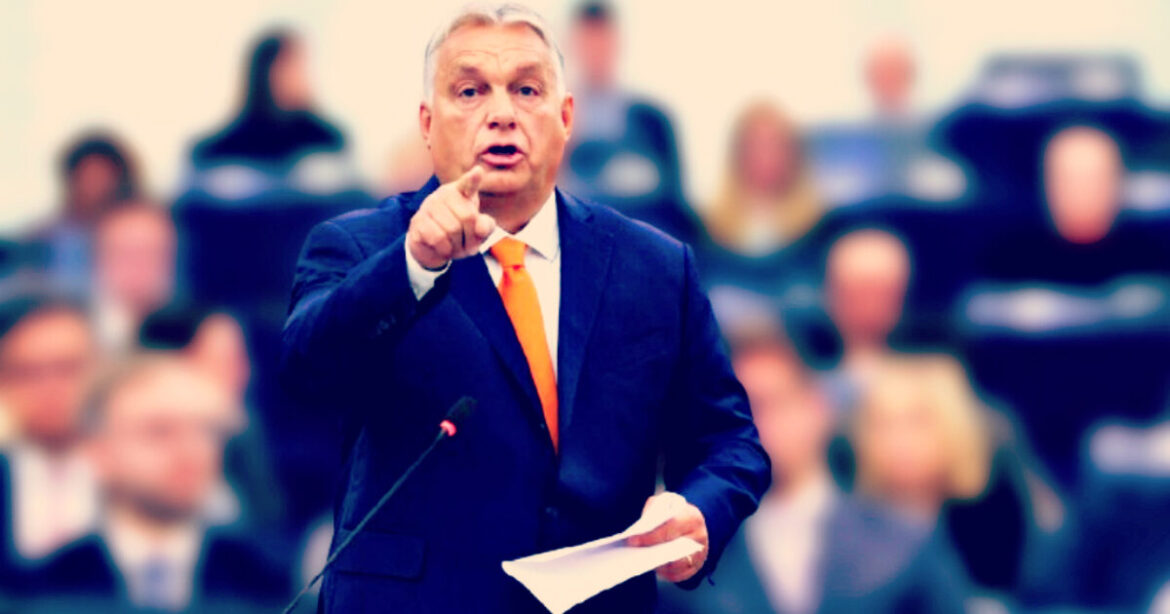Hungary Sounds the Alarm: Ukraine’s EU Accession Would Ignite Conflict and Collapse European Stability
Hungarian Prime Minister Viktor Orbán has delivered his most sobering warning yet to the European Union: admitting Ukraine into the EU during wartime would not bring peace—it would bring war.
Speaking to EU parliamentary speakers gathered in Budapest, Orbán minced no words:
“If Ukraine is admitted to the European Union, it will mean war.”
Framing the issue as existential, Orbán condemned what he called the reckless, ideologically driven push by EU elites—chiefly European Commission President Ursula von der Leyen—to fast-track Ukraine’s membership. Hungary, he said, will not stand by while Brussels plunges the continent into chaos.
A Clear Red Line
Orbán’s argument is simple: never in history has the EU accepted a country actively engaged in war, and doing so now would set an uncontrollable precedent—economically, militarily, and politically.
“This is economic suicide,” Orbán said bluntly on national radio. “The longer the war lasts, the more lives will be lost.”
Democratic Illusion, Economic Devastation
Máté Kocsis, parliamentary leader of Orbán’s Fidesz party, echoed the warning, calling Ukraine’s candidacy illegitimate:
“The minimum condition for accession is a democratic election. You can’t have that in a warzone.”
He also warned of a permanent left-liberal tilt in the European Parliament if Ukraine were allowed to send 70 to 80 pro-Brussels MEPs—a power shift that could erode the sovereignty of smaller nations like Hungary for generations.
The Price for Hungary: Skyrocketing Utilities, Vanishing Aid
Hungary stands to lose billions in cohesion funds that support pensions, healthcare, and development projects. Additionally, EU plans to ban Russian energy entirely—a move tied to Ukraine’s integration—would send Hungarian utility bills soaring.
“If Brussels bans Russian energy completely,” Orbán said, “Hungarian families will soon be paying twice as much for gas and electricity.”
A Battle of Civilizations
Beneath it all, Orbán says, lies a civilizational war between two Europes:
-
One rooted in sovereignty, tradition, and Christian values
-
Another gripped by globalist agendas, mass migration, and perpetual warfare
“The political debate in Hungary today,” Orbán concluded, “is about whether the government in 2026 will be Ukraine-friendly or Hungary-friendly.”
His stance finds growing support in Central Europe, where leaders like Slovakia’s Prime Minister Robert Fico have issued similar alarms.
In an era when Western leaders chase ideology over reality, Hungary remains a defiant outpost for realism, peace, and national survival.

